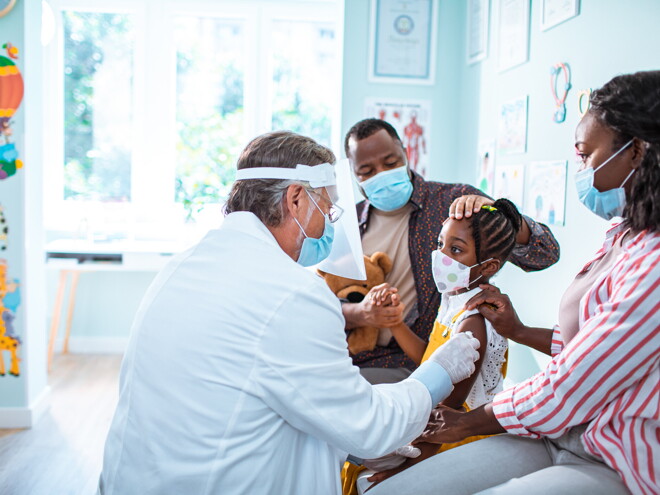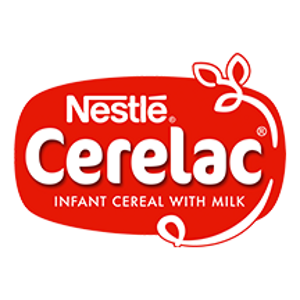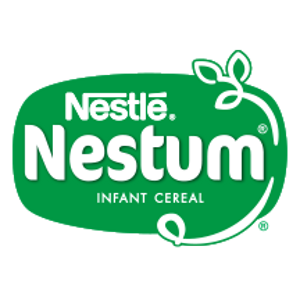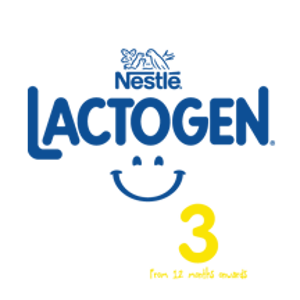Vaccines and Immunization: Everything You Need to Know
In the dynamic realm of parenthood, safeguarding the health and well-being of your child takes center stage. Enter the vital world of vaccines and immunization, a beacon of protection against preventable diseases, laying the foundation for a robust and resilient future.
This informative journey transcends the traditional narrative, delving into the crucial aspects of vaccines and immunization. In Baby&Me, we navigate the landscape of vaccinations, unraveling the significance of timely inoculations in fortifying your child's immune system.
As parents, understanding the science behind immunization becomes a cornerstone in making informed decisions that resonate throughout your child's life.
What are Vaccines and Immunization?
In science and health, vaccines and immunization stand as stalwart guardians, fortifying the body's defenses against a myriad of preventable diseases.
Vaccines are biological substances that stimulate the immune system to recognize and defend against specific pathogens, such as viruses or bacteria. They are crafted from weakened or inactivated forms of the targeted microorganisms or their components.
When administered, vaccines prompt the immune system to produce an immune response without causing the disease itself. This prepares the body to recognize and combat the pathogen swiftly if encountered in the future.
While immunization is the process of introducing a vaccine into the body to induce immunity against a particular disease. It's a proactive measure that helps the immune system develop memory cells, ensuring a swift and effective defense if exposed to the actual pathogen.
Immunization confers immunity through two primary mechanisms – active and passive. Active involves the body's production of antibodies, triggered by vaccination. Passive, on the other hand, involves the introduction of pre-formed antibodies, providing immediate but temporary protection.
Vaccines may contain various components, including antigens (the target pathogen), adjuvants (substances that enhance the immune response), and preservatives. Each component plays a crucial role in the effectiveness and safety of the vaccine.
Types of Immunization
Vaccination and immunization strategies come in diverse forms, each tailored to fortify the body's defenses against specific diseases. Understanding these distinct approaches is pivotal in appreciating the nuanced world of immunization.
Active Immunization
Active immunization involves introducing a weakened, inactivated, or partial form of a pathogen, or its components, into the body. This prompts the immune system to mount a robust response, producing memory cells that "remember" the pathogen for future encounters.
There are three types of active immunization: inactivated or killed vaccines (contain pathogens that have been rendered non-infectious), live attenuated vaccines (vaccines that use weakened forms of live pathogens, providing a stronger and longer-lasting immune response) and subunit, conjugate, and mRNA vaccines (modern approaches that use specific genetic material from the pathogen to stimulate an immune response).
Passive Immunization
Passive immunization, in contrast, involves the introduction of pre-formed antibodies into the body. These antibodies provide immediate but temporary protection against a specific pathogen.
These includes two types: antibody-containing products that are pre-formed antibodies derived from individuals who have recovered from a specific disease or laboratory production, and maternal antibodies that newborns receive passive immunity from their mothers through the placenta during pregnancy and, later, through breastfeeding.
This maternal transfer of antibodies provides crucial protection in the early months of life.

Vaccination and immunization restrictions and precautions
While vaccines stand as powerful tools in disease prevention, there are certain restrictions and precautions to consider for specific individuals. Understanding these nuances ensures a tailored and safe approach to immunization for everyone.
- Allergies and sensitivities: Some vaccines may contain components to which individuals may be allergic, such as eggs or gelatin. It's crucial to disclose any known allergies to healthcare providers to determine the suitability of a particular vaccine.
- Immunocompromised individuals: Individuals with compromised immune systems, either due to medical conditions or treatments may have limitations on certain live vaccines.
- Preterm birth: Babies born prematurely may follow a modified immunization schedule. Healthcare providers consider the baby's adjusted age to ensure vaccinations align with developmental milestones.
- Previous vaccine reactions: If your baby has experienced a reaction to a previous vaccine, inform your healthcare provider. While serious reactions are rare, discussing any concerns helps tailor the immunization plan to your baby's specific needs.
- Fever or illness: If your baby is unwell or has a fever, it's advisable to postpone vaccinations. The immune system is already active in combating illness, and vaccinating during this time may not be as effective.
- Family history of immunization reactions: If there's a family history of adverse reactions to specific vaccines, discuss this with your healthcare provider. While family history alone does not necessarily prevent vaccination, it can inform the decision-making process.
Navigating vaccination restrictions and precautions for babies is a collaborative effort between parents and healthcare providers. Open communication, thorough medical history reviews, and adhering to recommended schedules contribute to a safe and effective immunization experience, fortifying your baby against preventable diseases.
As parents, the responsibility of nurturing our little ones extends beyond the immediate moments to the lifelong foundation we build for their health. The journey of vaccination and immunization is not only a testament to scientific progress but a commitment to safeguarding the well-being of our children.
By staying informed about vaccine types, understanding immunization strategies, and being mindful of restrictions and precautions, we empower ourselves to make informed decisions laying the groundwork for a future where our children thrive protected against preventable diseases and equipped to embrace the joys of a healthy life.

Are you looking for more information or advice for feeding your baby correctly? Contact our experts.
Join
Get full access to expert-backed nutrition support
Nutrition
Learn about nutrition at your own pace
Nutrition experts
Contact our nutritionists at any time to answer your main questions about nutrition
Tools
Try our tailored practical tools
Are you looking for something?
Try our advanced search engine. We will always have something for you!

































